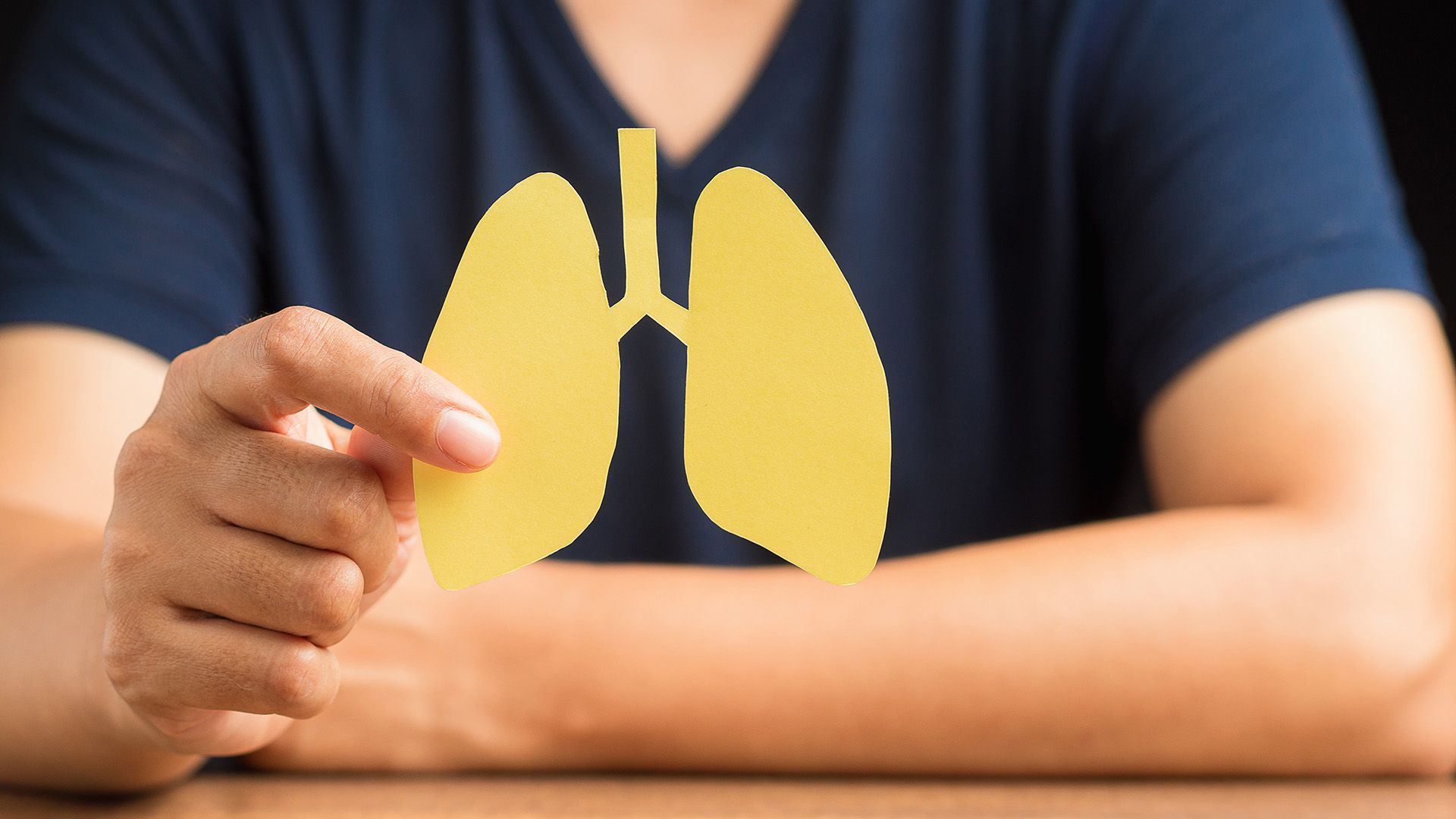Teachers at risk of anxiety amidst pressure and disruption
Just over a month after schools returned to full-time, in-person classes after a third round of lockdown closures, the pressure is on and teachers expected to deliver the learning and to support stressed and anxious learners are themselves exhausted and at risk of burnout.
After 18 months of on-again-off-again, rotational and remote schooling, the South African education system has lost ground. Some learners are up to one school year behind and up to 500,000[i] have dropped out altogether.
Amidst reports of rising levels of anxiety and depression in children and teenagers, mental health professionals warn against neglecting the wellbeing of teachers too – “the unsung heroes of the pandemic” – who are expected to be able to provide psychological support to struggling and traumatised learners, but are struggling to cope mentally themselves.
Dr Alicia Porter, a member of the South African Society of Psychiatrists (SASOP) with a special interest in adolescents’ and women’s mental health, said: “For teachers to be able to offer positive support to learners, it is important that they are able to understand, identify and address their own emotional needs and possible mental health issues.
“It is important not to fall into the trap of giving relentlessly without stopping to take stock of one’s own psychological needs.”
Dr Porter said that teachers had faced challenges of having to rapidly adapt to remote learning and unfamiliar technology, and how to support learners who didn’t have access to technology, while juggling the needs of their own families and fears of contracting Covid-19, as well as coping with losses of loved ones and colleagues.
The return to in-person learning brought its own stresses of a lack of masks and sanitisers, challenges in monitoring learners’ compliance with the rules, fears of contagion and children being sent to school while showing Covid symptoms, while also supporting learners who have experienced losses on multiple levels.
The unrest and looting in Gauteng and KwaZulu-Natal added further to the stress and challenges faced by teachers, Dr Porter said, as they tried to help their pupils to process the disruption, injuries and deaths, while also coping with their own response to the situation.
She said that research in various countries had pointed to teachers’ already-high rates of stress, anxiety and depression rising through the Covid-19 pandemic, impacting negatively on morale and job satisfaction, along with increased sick leave and absenteeism, and causing many to consider leaving the profession altogether.
Dr Porter said that for teachers the challenge was two-fold – learning how to maintain their own mental health and also how to support their pupils – and encouraged teachers to “put your own oxygen mask on first”.
“It is important to safeguard the emotional health of teachers. A recent study highlighted that teacher-student relationships are also stressors for the student, and that the teacher’s behaviour predicts the emotional wellbeing and commitment of the students, which are also important factors for reducing their stress levels,” she said.
Dr Porter recommended practical steps that teachers can take to maintain their mental health and reduce stress levels, starting with focusing on what they can control.
- Choosing how to spend their time and making healthy choices such as getting sufficient sleep, staying hydrated, limiting alcohol intake and eating regular, healthy meals.
- Make time for self-care – exercise, rest, reading, writing in a journal, meditating or spending time on a hobby helps to create balance and promote mental health.
- Model self-compassion. “We teach students the basics of self-compassion, but we also need to model it. Be kinder to yourself. This will benefit your mental wellness.”
- Set reasonable expectations. “We have to acknowledge that we are in the midst of a pandemic and it is not business as usual. We can't expect to be as productive or as organised as before while having to balance teaching, caretaking and managing households. Set small realistic goals and expectations.”
- Maintain connection. Covid-19 shutdowns and restrictions have made the last 18 months a time of isolation, while social connection promotes mental health and wellness. Dr Porter recommends keeping in touch with family, friends and colleagues, making time to connect and catch up, to share challenges as much as good news, even if only virtually.
- Micro-recharge – make time for “micro moments” to pause and allow your system to recover and re-set amidst stress. Dr Porter suggests small activities such as being mindful while hand-washing, taking deep breaths and observing your movements; or climbing stairs slowly and mindfully to give yourself a small break.
- Dr Porter also recommends the “30-3-30 approach” – actions that can be taken in 30 seconds, 3 minutes or 30 minutes to take a break and switch off to recover when feelings of panic or being unable to cope arise. These could include:
- 30 seconds – take slow deep breaths, counting to 3 on inhale and exhale; look out of a window and focus on each thing you can see; sit on a chair and focus only on the feeling of the chair pressing into your back and bottom; learn a favourite, inspiring quote to remember in times of stress.
- 3 minutes – do a quick household task; make a quick phone call to a friend; do a word puzzle or listen to a favourite piece of music; make a hot drink and focus on the steps and the feeling of the warm mug in your hands.
- 30 minutes – take a pampering bath; de-clutter one cupboard; watch a TV programme or listen to a podcast; get out for some fresh air and sunshine.
In all of these actions, she said, the importance was in doing it mindfully and focusing only on the activity at hand.
On supporting learners coping with uncertainty, stress and grief, Dr Porter advised:
- Admit that the event/s happened. Acknowledge the reality of being scared, worried or upset.
- Do not pretend that this is all normal. Acknowledge that the “new normal” is not normal at all.
- It is helpful to communicate the optimism of support, that asking for help can ease panic and distress and provide hope.
- Encourage students to express their fears and anxiety openly.
- Allow students to feel like they can also help – ask them to think about how they could make a difference.
- Take concerns of depression, suicide and anxiety seriously and make contact with professional support of a psychologist or psychiatrist, or contact a helpline such as SADAG.
References:
[i] UNICEF. Press release, 22 July 2021. “Learners in South Africa up to one school year behind where they should be.”
https://www.unicef.org/press-releases/learners-south-africa-one-school-year-behind-where-they-should-be













